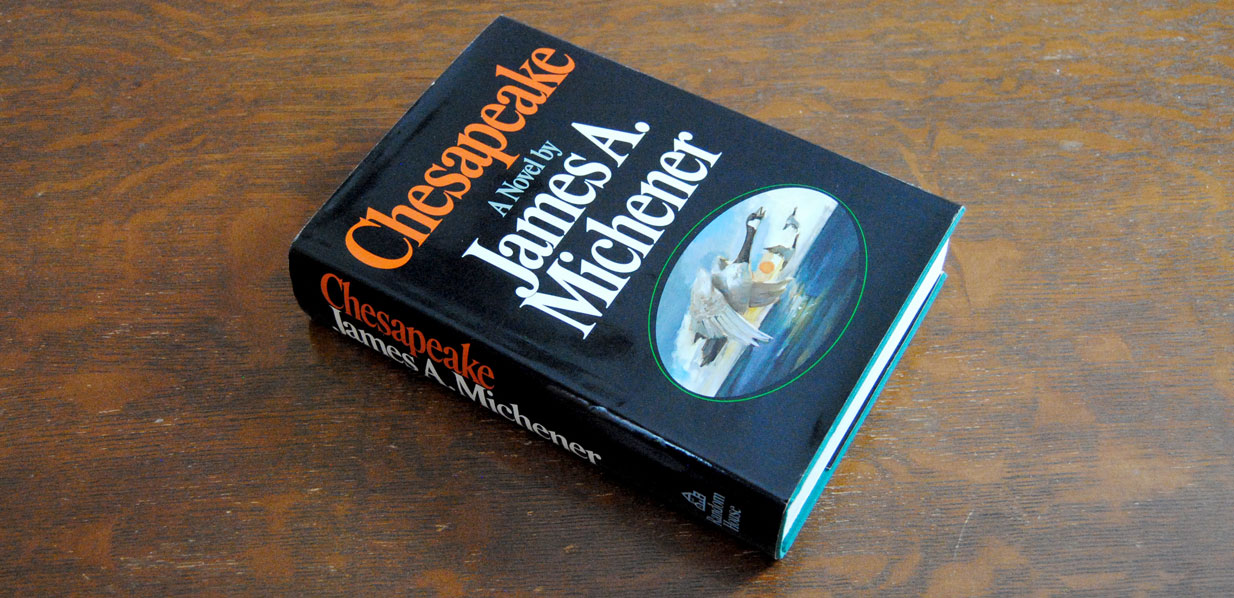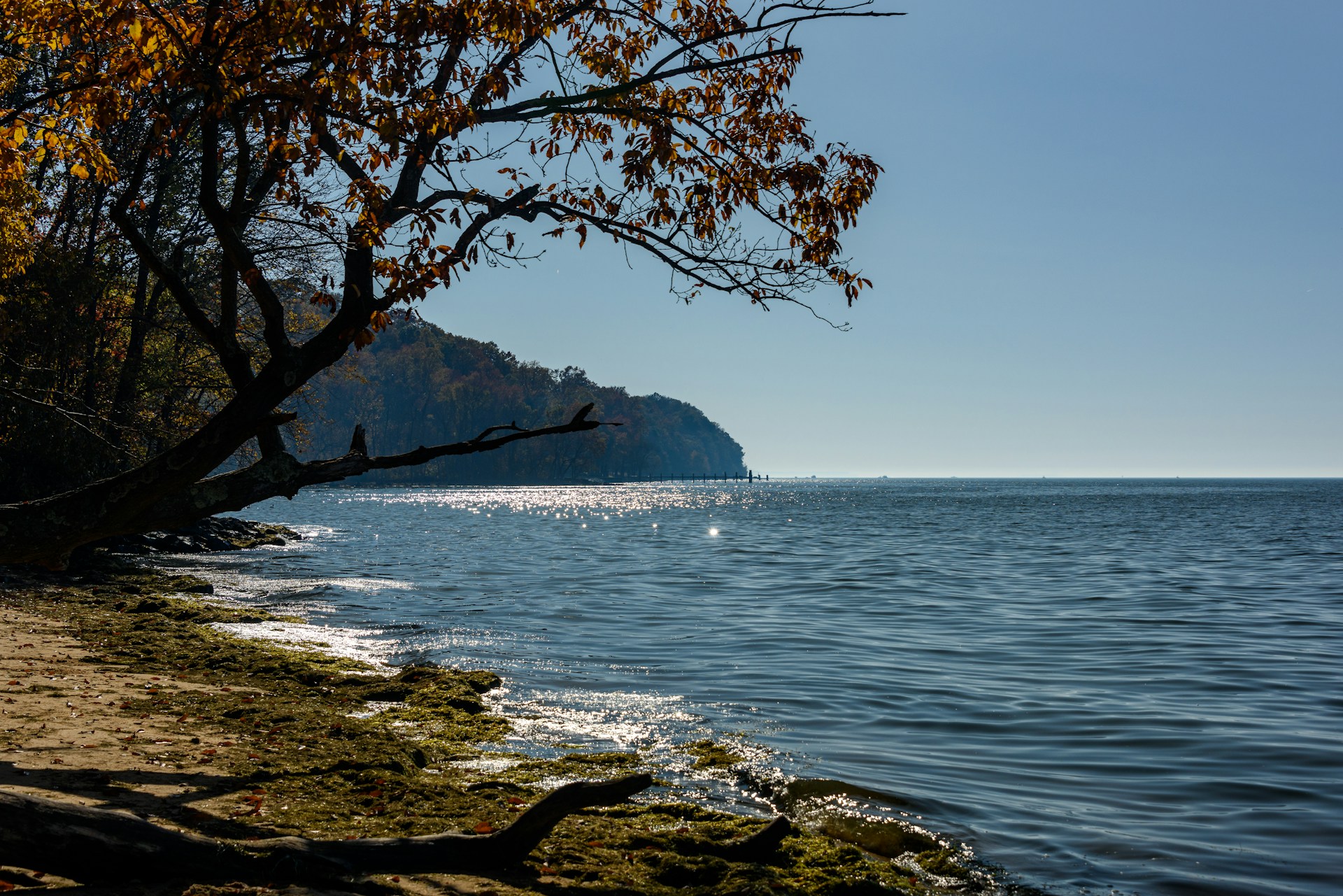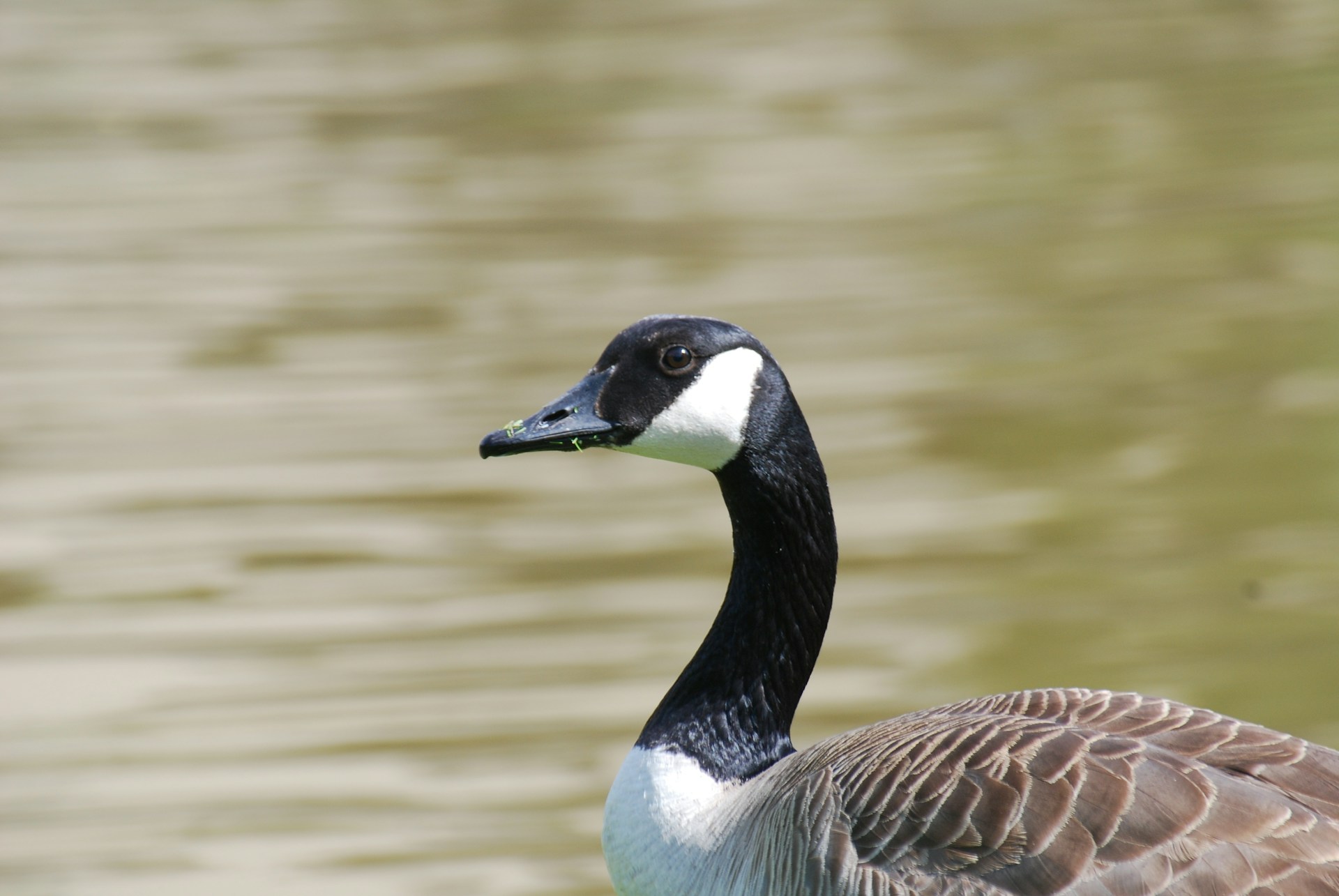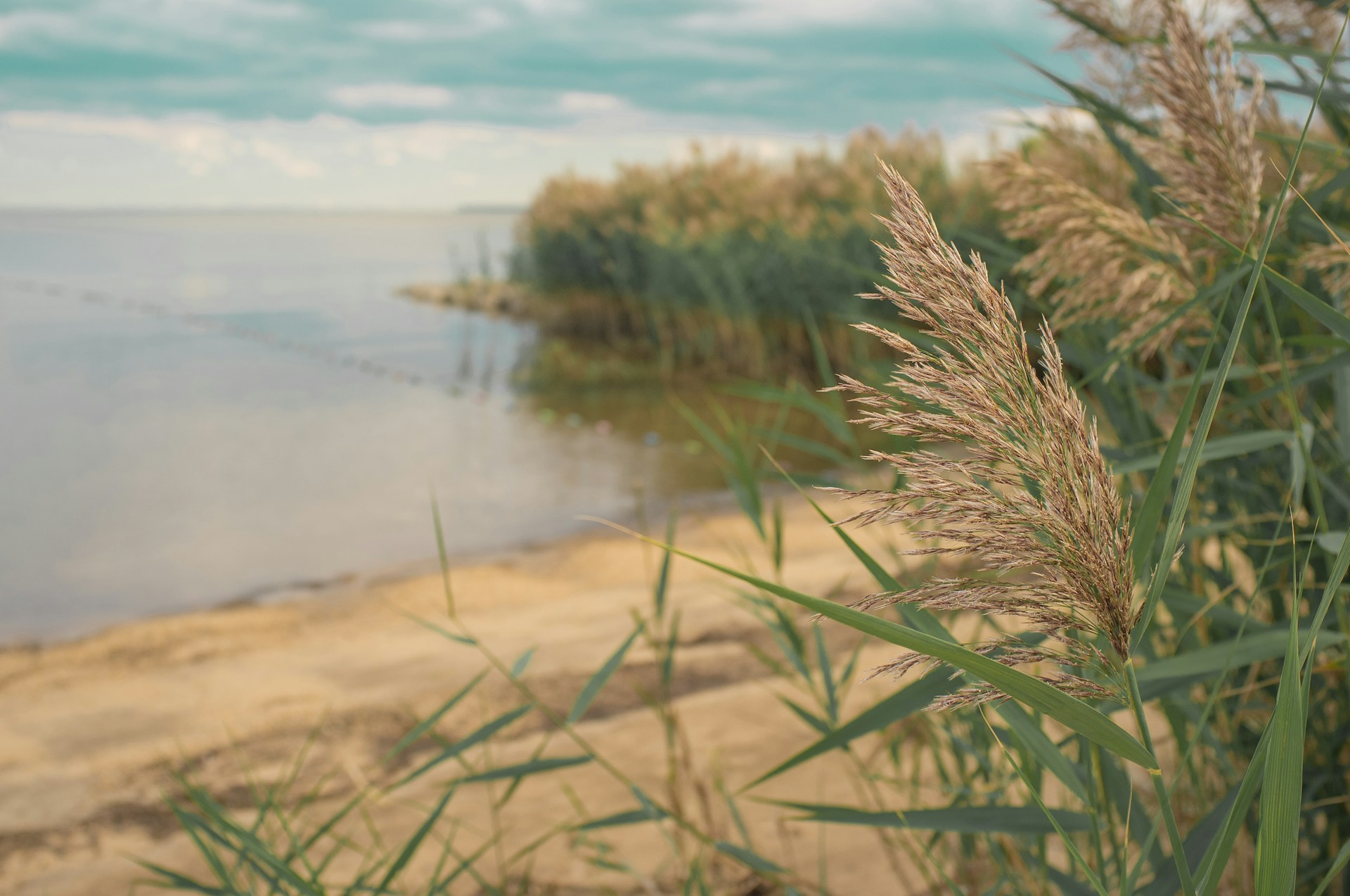
Sit back, relax, and enjoy the natural beauty of Maryland’s Eastern Shore. James Michener’s novel Chesapeake will paint the Eastern Shore in factual beauty with fictional tales from more than five families covering almost four centuries along the shores of the Choptank River feeding into the Chesapeake Bay.
Those four centuries carry a narrative of the Bay, rivers and land, as well as the birds, fish, oysters (here pronounced “arsters”), crabs, and the families of Pentaquod, Steed, Paxmore, Turlock, and Cater, to name the most prominent. We’re talking specifically of the time from 1583 to 1978.
As you would imagine, even this pristine sequestered paradise was influenced by the history that took place during those years; colonization, Native American relations, religion, revolutionary forces, slavery, civil war, civil unrest, pirates, and politics all collude to paint the foreground. The natural wonder of the Chesapeake and surrounding islands, rivers, creeks, marshes, peninsulas, coves, and bays color the narrative with a background fit to frame but better to live in.

Perhaps the beauty is set up in the acknowledgements before the novel even begins. Michener writes “But my constant assistants were the citizens of the Choptank area. Scores of them talked with me at social gatherings or during investigative meetings held during one of the coldest winters the Eastern Shore has ever experienced and one of the hottest summers. They were provocative, perceptive, amusing . . . and often hopeful that I would quit my project and go elsewhere, lest my writing awaken the rest of the world as to what a sequestered paradise they were enjoying on the Eastern Shore.”
I’m not sure there is a better narrative to the beauty of a place than its own inhabitants rooting against a project fictionally telling their story to prevent the flocking of tourists.
But the prose and the colorful characters intertwined with some overlapping Forrest Gump-style history make Chesapeake a very engaging and raw read. There is no whitewashing here. Piracy, slavery, even Watergate unfold in honest reimaginings.
Yet, as we follow the generations, wisdom both of the common sense and learned variety are passed down .
Early in the book Pentaquod learns two things about the Eastern Shore:
…when the Great Power, Manitou, finished laying down the river, perfect in all details, He had added the mosquito to remind man that no paradise comes free: there are always mosquitoes. And bigger ones than these could not exist.

And:
‘A crab provides little food, so he is not easy to eat. But the little he does offer is the best food under the sky. To eat crab you must work, which makes you appreciate him more. He is the blessing, the remembrance. And no man or woman ever ate enough.’
Later as the Paxmores become shipbuilders:
He had seen a great deal about decking a ship and building the bulwarks and finishing off the gunwales, but like an artist who rides a horse a hundred times, and never comprehends it until he tries to draw it, or like a novelist who has witnessed a human situation repeatedly but has not really understood it until forced to state in cold words what happened, he had lived in the heart of ships but had not seen them.
And then the Turlocks discussion of a specific skipjack:
…a memorable boat; it had been sunk twice, refitted three times: ‘Cain’t be more than seven percent of the original timbers left. All rebuilt, but she’s still the H.M. Willing, because it ain’t the timbers that determines the boat, it’s the spirit.’
But some of the best come from letters or conversations, such as:

Don’t miss life because you contemplated it only from a distance.
‘Rewards and punishment fall unevenly’
‘Mankind was destined to live on the edge of perpetual disaster. We are mankind because we survive. We do it in a half-assed way, but we do it.’
If you don’t do anything else, if you spot the hardcover edition at yard sale, in a public library, at a friend’s house including mine, open to page 564 and read the two quotes spoken aloud at the Quaker wedding of Bartley Paxmore and Rachel Starbuck. The first quote is lovely, and the second is brilliant, but in contrast, to me it’s perhaps inadvertently the most hilarious thing in the book, because of the juxtaposition.
I know Michener from just one other novel, The Source. Given how fast, relatively speaking, that I read this 800-plus page novel, and despite the heavy nature of slavery, civil rights, Native American persecution, and other issues most would avoid unless assigned, I think I’ll be dipping back into the Michener well again. He has written enough, so there is plenty to choose from.
Read the Secret File of technical information and quotes from Chesapeake by James A. Michener.